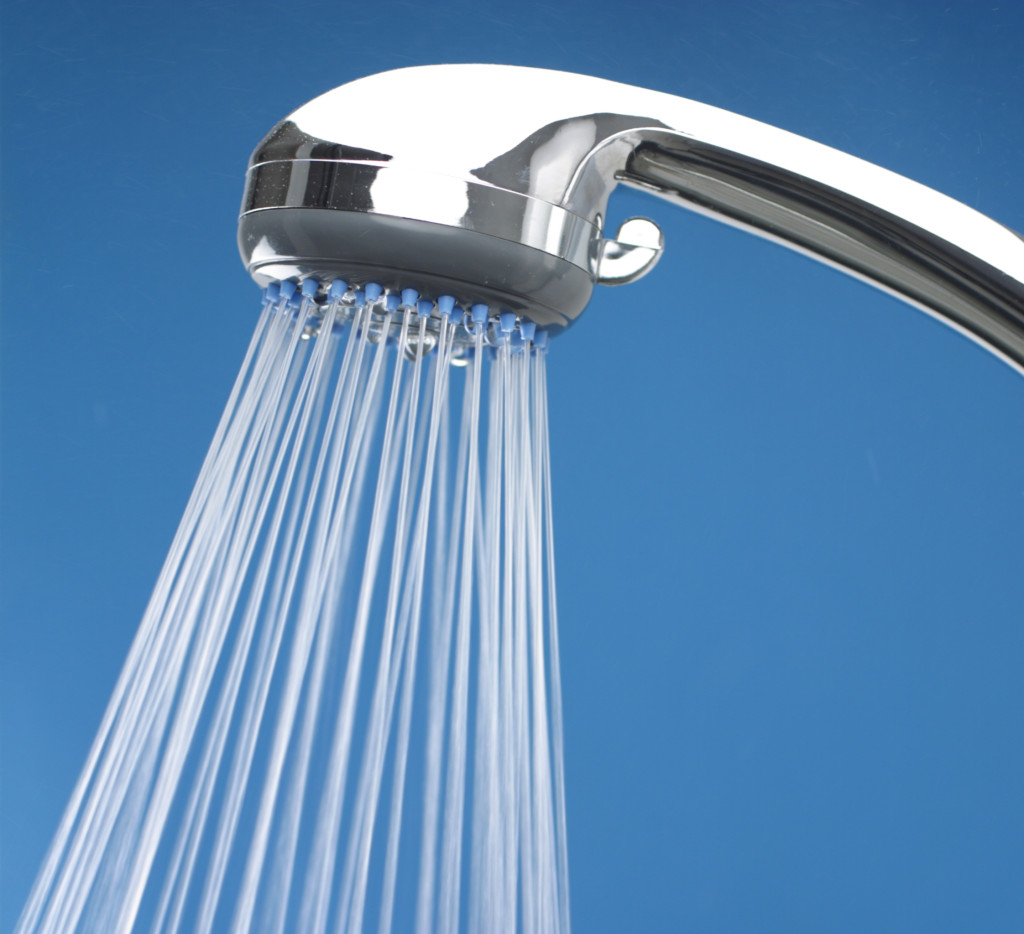What Causes Brown or Discolored Water?
Brown or discolored water flowing from your tap can be a disconcerting and unpleasant experience. It’s essential to understand the potential causes behind this issue and how to address it promptly. In this article, plumbers Bristol will delve into the various factors that can lead to brown or discolored water, its implications for your health and plumbing, and steps you can take to prevent and resolve this common problem.
The Source of the Problem

1. Sediments and Minerals
One of the primary reasons for discolored water is the presence of sediments and minerals in your water supply. These particles can accumulate in the pipes over time, leading to rusty or brownish water.
2. Corroded Pipes
Corrosion within your plumbing system can result in the release of rust into the water supply, causing discoloration. Older plumber pipes are particularly susceptible to this issue.
3. Municipal Water Supply
Sometimes, the discolored water may be attributed to the municipal water supply. Changes in the water source, maintenance work, or issues in the distribution system can all affect water quality.
Health Concerns
4. Is it Safe to Consume?
Discolored water can raise concerns about its safety for consumption. In most cases, brown water is not harmful, but it’s essential to verify this with your local water authority.
5. Microbial Growth
In rare instances, discolored water may indicate microbial growth in your plumbing system. This can be a health hazard and should be addressed promptly.
How to Prevent and Resolve the Issue
6. Regular Pipe Maintenance
To prevent discolored water, consider regular maintenance of your plumbing system. This includes inspecting and replacing corroded pipes.
7. Flushing the Pipes
If you notice discolored water, run your taps for a few minutes to flush out the sediment. This can often resolve the issue.
8. Water Filtration Systems
Installing water filtration systems can help improve water quality and reduce the chances of discoloration.
9. Consult Your Local Water Authority
If you suspect the issue lies with the municipal water supply, contact your local water authority for guidance and updates on water quality.
Experiencing brown or discolored water from your tap can be concerning, but it’s usually a solvable problem. Understanding the potential causes, the health implications, and how to prevent and address the issue are key to ensuring clean and safe drinking water for you and your family.
FAQs
1. Is brown water safe to drink?
Brown water is generally safe to drink, but it’s recommended to check with your local water authority for confirmation.
2. Can discolored water damage my plumbing?
Yes, prolonged exposure to discolored water can potentially harm your plumbing system, especially if the cause is corrosion.
3. How can I prevent brown water in my home?
Regular pipe maintenance, flushing your taps, and installing water filtration systems are effective ways to prevent discolored water.
4. Is brown water a sign of contamination?
In rare cases, brown water may indicate microbial contamination, which should be addressed immediately.
5. What should I do if I suspect an issue with the municipal water supply?
Contact your local water authority to report the issue and seek guidance on water quality in your area.
